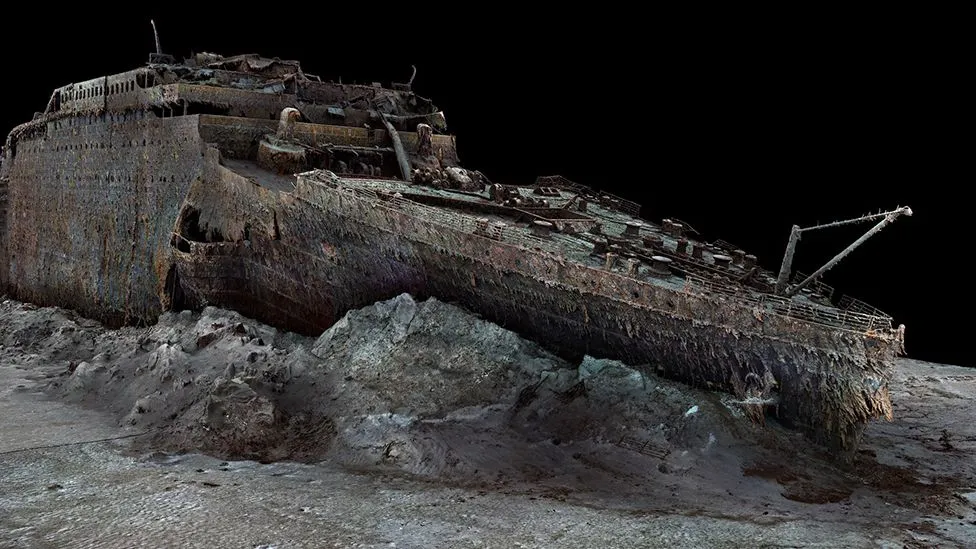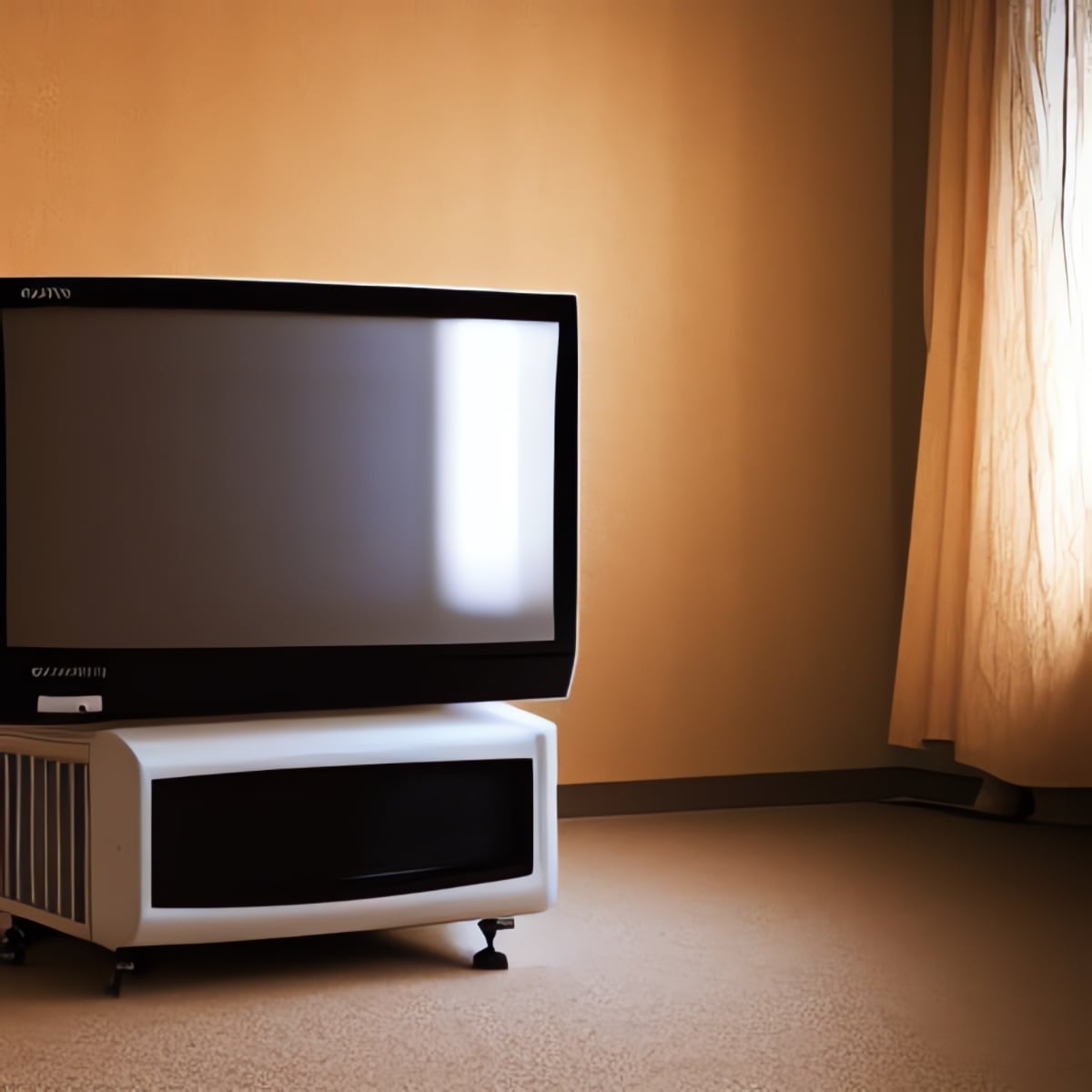I wanted to explore the malicious, confusing, and deceitful things that occur after signing up for digital services, as well as how design can nudge us to forget about a free trial or accidentally sign up for things that we didn’t intend to.
Dark patterns are often most egregious with subscriptions and free trials, especially when attempting to cancel, so I focused on those.
Decay
How companies use dark patterns to keep you subscribed
pudding.coolThe Internet Isn’t Meant To Be So Small
defector.comThough it makes me feel like a grandmother on her deathbed to admit it, I remember the days when the internet was vast, when there seemed to be more places to go than anyone could ever visit and infinite things to read. What you saw was not determined by some highly protected coded algorithm that lives somewhere in the cloud. You could just go out and find it.
Do Tasmanians Want A New Stadium?
youtube.comHow to feel less lonely as you get older
psyche.coOngoing loneliness, which can be accompanied by sadness, boredom or a sense of emptiness, can interfere with daily life. At times, loneliness may dampen the motivation to engage in day-to-day activities and even contribute to a withdrawal from others…
…Learning ways to cope with loneliness, then, might help with managing stress and maintaining overall wellness.
weird little aggregator shutdown
belong.ioNo posts today! Murdered by Elon.
One of the few aggregators I loved to use. Goodbye.
David Popa
davidpopaart.comA Brief Compendium of Vintage Opium Underworlds
messynessychic.comSatire in the Age of Murdoch and Trump
youtube.comBig Tech’s big downgrade
businessinsider.comIn Silicon Valley, the user’s experience has become subordinate to the company’s stock price. Google, Amazon, Meta, and other tech companies have monetized confusion, constantly testing how much they can interfere with and manipulate users. And instead of trying to meaningfully innovate and improve the useful services they provide, these companies have instead chased short-term fads or attempted to totally overhaul their businesses in a desperate attempt to win the favor of Wall Street investors.
It’s Not the Bike Lane’s Fault You’re a Bad Driver
jalopnik.comI’m sorry to break it to anyone who has trouble keeping their car out of a bike lane (or off a concrete barrier), but it’s not the bike lane’s fault you’re a shitty driver. If you hit something stationary, that’s your fault. Pay attention to the fucking road while you’re driving. It’s not too much to ask when other people’s lives are literally at stake.
Afroman – Will You Help Me Repair My Door
youtube.comThe Future is a Dead Mall – Decentraland and the Metaverse
youtube.comHow Loneliness Reshapes the Brain
quantamagazine.orgNeuroscience suggests that loneliness doesn’t necessarily result from a lack of opportunity to meet others or a fear of social interactions. Instead, circuits in our brain and changes in our behavior can trap us in a catch-22 situation: While we desire connection with others, we view them as unreliable, judgmental and unfriendly. Consequently, we keep our distance, consciously or unconsciously spurning potential opportunities for connections.
The Puzzling Gap Between How Old You Are and How Old You Think You Are
theatlantic.comWhy do so many people have an immediate, intuitive grasp of this highly abstract concept—“subjective age,” it’s called—when randomly presented with it? It’s bizarre, if you think about it. Certainly most of us don’t believe ourselves to be shorter or taller than we actually are. We don’t think of ourselves as having smaller ears or longer noses or curlier hair. Most of us also know where our bodies are in space, what physiologists call “proprioception.”
Yet we seem to have an awfully rough go of locating ourselves in time. A friend, nearing 60, recently told me that whenever he looks in the mirror, he’s not so much unhappy with his appearance as startled by it—“as if there’s been some sort of error” were his exact words.









